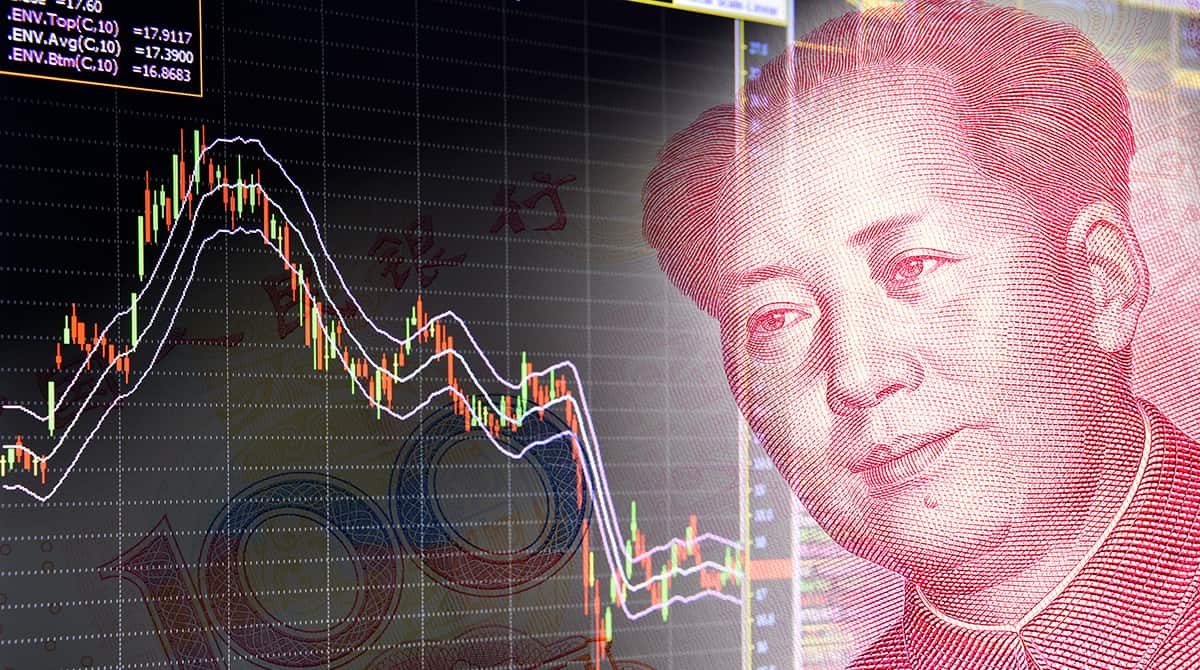A collapse in foreign direct investment into mainland China has brought FDI to a 30-year low. Beijing’s State Administration of Foreign Exchange (SAFE) reports inbound investment from foreign sources at $33 billion for 2023, a staggering 90% drop from 2021 and the lowest level since 1993. FDI inflows exceeded outflows by $17.5 billion in the fourth quarter of 2023.
“These sudden shifts represent no sudden shock,” says Bryane Michael, a UK-based economic consultant and analyst. “Behind them lie structural problems waiting for almost a decade to materialize.” Since the early 2010s, “China’s subsidized industrial favorites have continued to rely on an export-led, quasi-autarkic relationship with partners. Together with a shadow economy consisting of easily a quarter of the overall economy, these represent some reasons for the Chinese economic motor’s seeming ‘sudden brake.’”
Michael sees “long-run state planning” as the culprit, with “the same consequences we have seen from India to Guyana. The collapse wasn’t a matter of ‘if’ but ‘when.’”
China’s unpredictable business environment, in tandem with crackdowns on foreign-based consultancies and tightened espionage laws, have heightened risks for international firms. Consulting firms like the Mintz Group and Bain used to provide critical insight for foreign firms to make informed investment decisions. Concerns are that China’s updated counterespionage law could reframe mundane business activities as national security risks.
Hong Kong, where many foreign corporations have their regional headquarters, last month enacted its own national security law under its mini-constitution as a Special Administrative Region. The new legislation—expanding the definition of “state secrets” and criminalizing information sharing about technological and economic developments—could have a chilling effect.
Geopolitical tensions between Beijing and the West—particularly the US—are also raising costs and uncertainty for businesses still operating in China. Both American and EU sanctions, export controls, and outbound investment restrictions directed at China may already be dissuading some from doing business there. Additionally, the push by Washington and its allies to lessen their reliance on Chinese manufactured goods and raw materials has prompted some producers to relocate to Southeast Asia and Latin America. This, coupled with Washington’s and Brussels’ efforts to rebuild their domestic industrial capacities and supply chains, promises to redirect investment that might otherwise have gone to China closer to home, or to “friendshore” it to allied nations.




